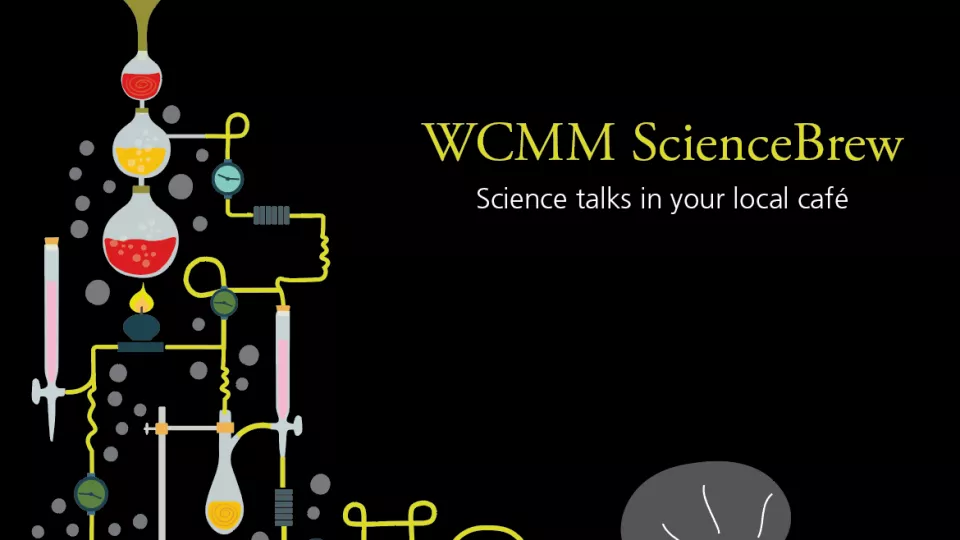The communications team proudly presents the WCMM ScienceBrew: a new series of popular science talks featuring selected popular science talks by PhD students and postdocs at at Lund university.
The WCMM ScienceBrew is a monthly event organized by the Wallenberg Centre for Molecular Medicine in Lund and hosted by Café Ariman. Each evening three persons will present their science based on a common theme with time for questions, comments and refreshments. Audience space is limited and available on “first come, first served” basis!
The fourth WCMM ScienceBrew starts on February 13th at 19:00!
Welcome!


